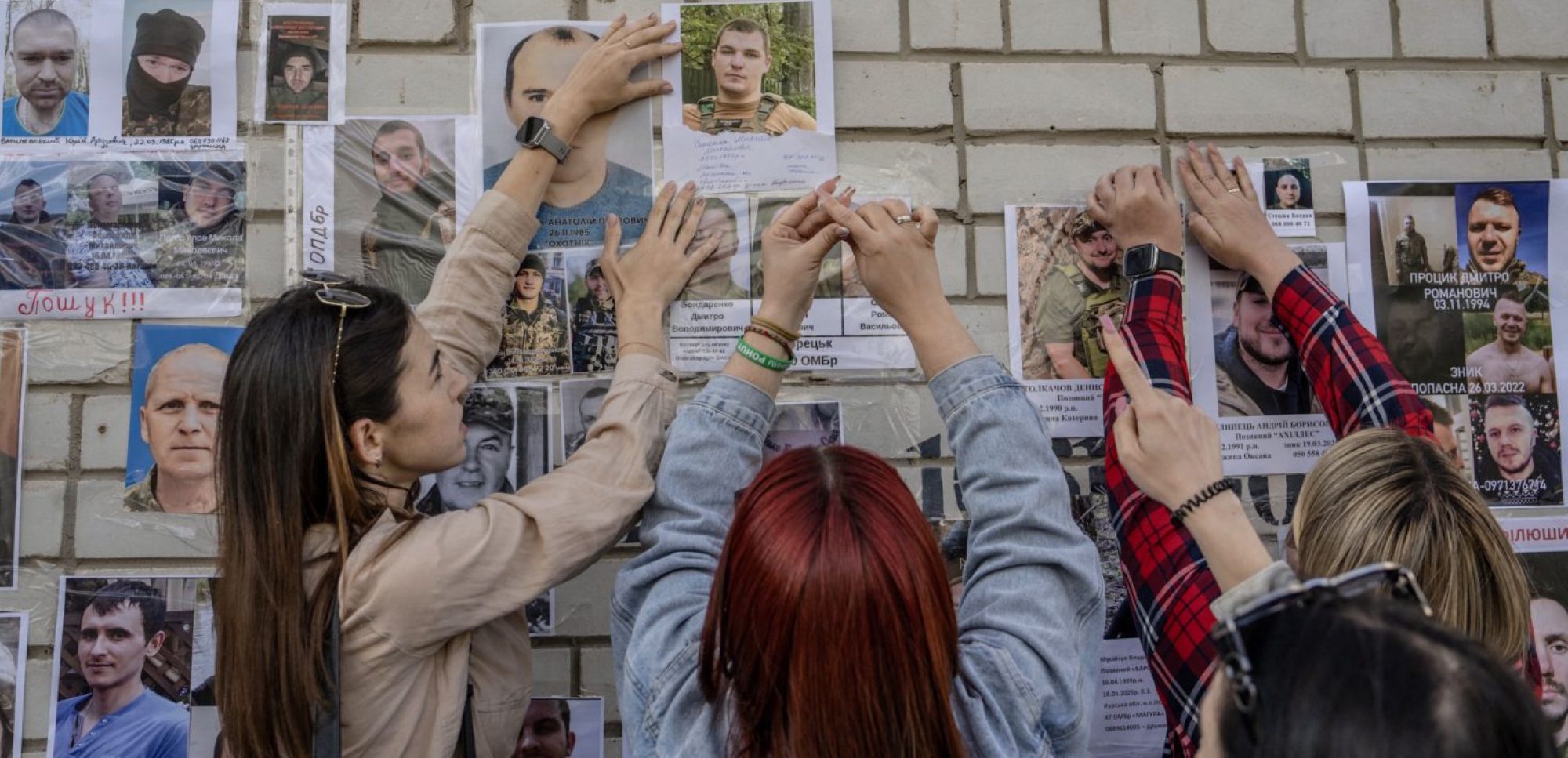Reacting to reports that a draft US-backed peace plan to end Russia’s ongoing war of aggression in Ukraine is under intense discussion, Amnesty International’s Secretary General, Agnès Callamard, said:
“The news that comes out of Ukraine every day is of constant tragedy and suffering for its people. Yet, the Ukrainian people continued to display courage and resilience in the face of Russia’s crimes.
“Any credible prospect of an end to Russia’s war of aggression is welcome. However, a durable end to the fighting should not come at any price – especially if the cost of guns going quiet is amnesty and impunity for those who have committed aggression and other crimes under international law, or a compromise on the fundamental principles of the rules-based order.
“Amnesty International urges negotiators to ensure that human rights and victims-focused justice are at the heart of any agreement. Nobody should suffer any further human rights abuses as the result of any peace deal, all ongoing violations must end now, and victims must receive remedy for their suffering. Russia should immediately return all the children it has forcibly transferred from Ukraine and release all the Ukrainian captives it is holding unlawfully, many of whom have been disappeared. Peace deal or no peace deal, such matters are urgent and must be non-negotiable.”
Further background on the peace plan
Advanced discussions are reported over a potential US-brokered “peace deal” between Ukraine and Russia. The details not been officially disclosed, but media have reported on some of the proposed terms, which, together with some official comments, indicate that Ukraine is being pressured to accept a loss of territory to Russia and amnesty for all participants in the war. There are also indications that the release of prisoners is proposed, but details on this are sparce.
Amnesty International has been documenting war crimes and other serious violations of international humanitarian law since the beginning of Russia’s full-scale invasion of Ukraine. These have included deliberate targeting of civilians and civilian infrastructure by Russian forces, as well as ongoing human rights violations in Russian-occupied territory, such as the forcible transfer and deportation of civilians, including children, arbitrary detention and enforced disappearance, torture and other ill-treatment of, and denial of fair trial to, both civilian detainees and prisoners of war.





















